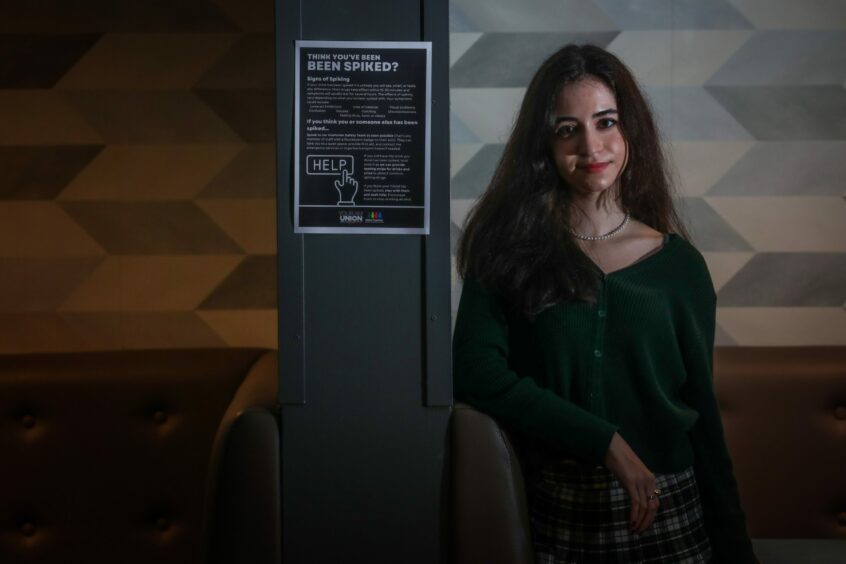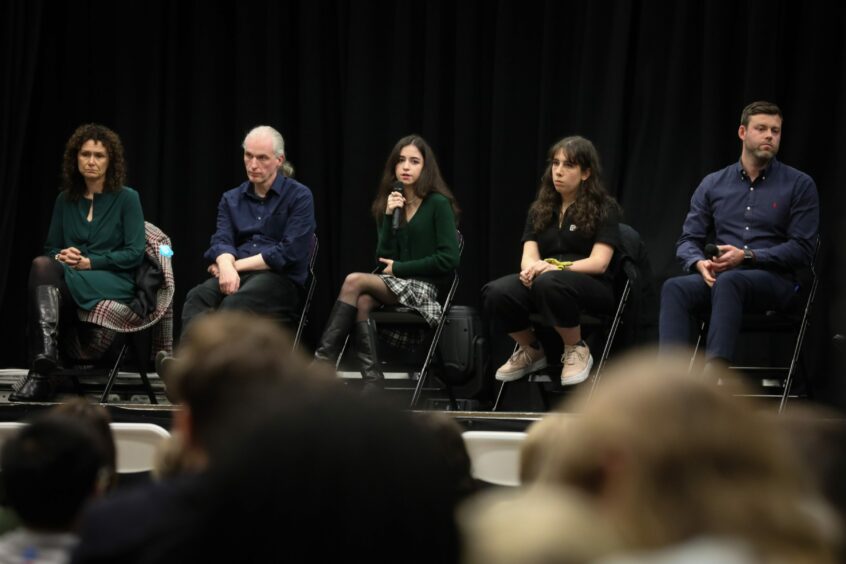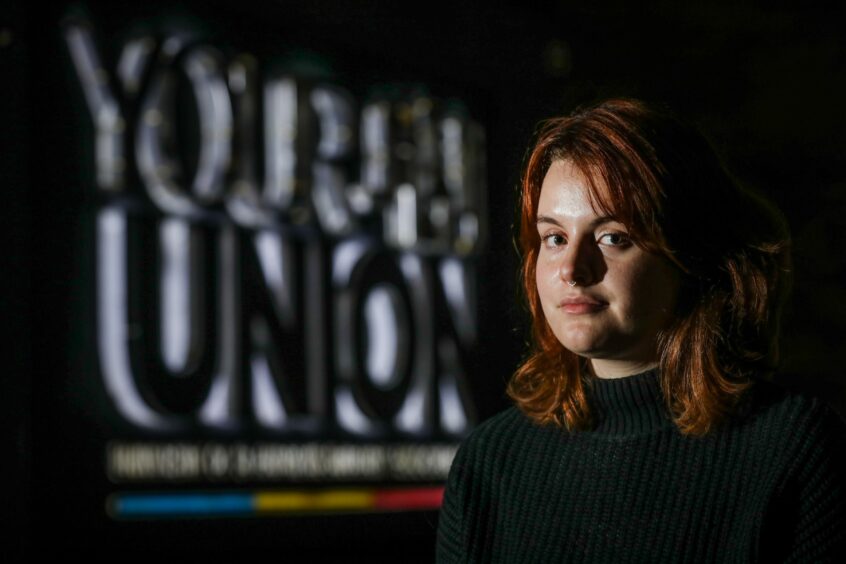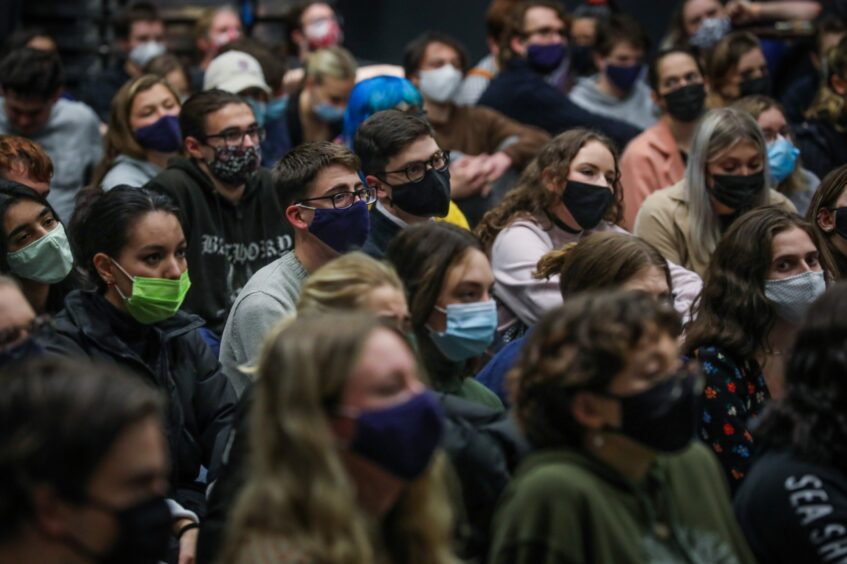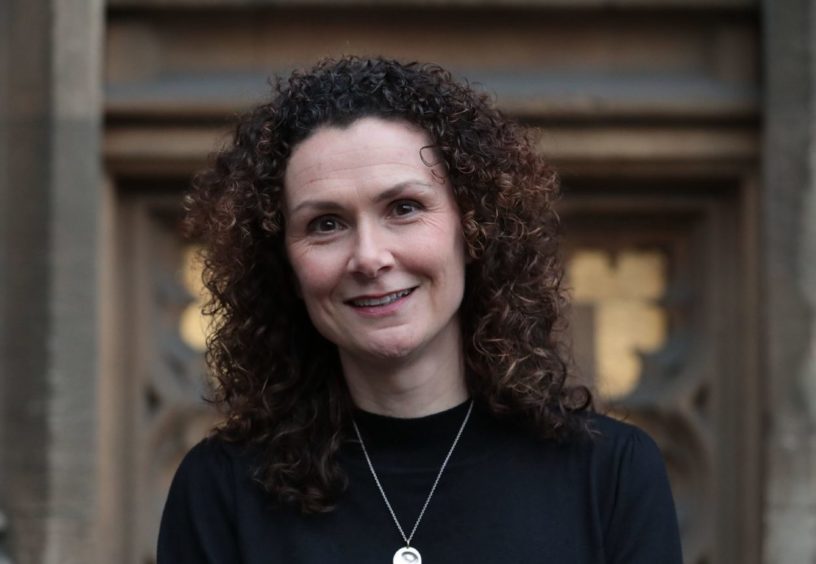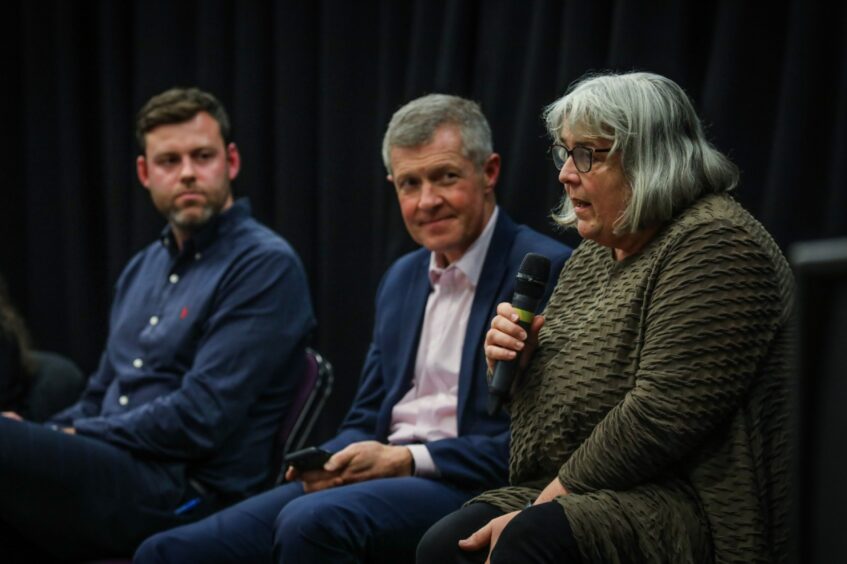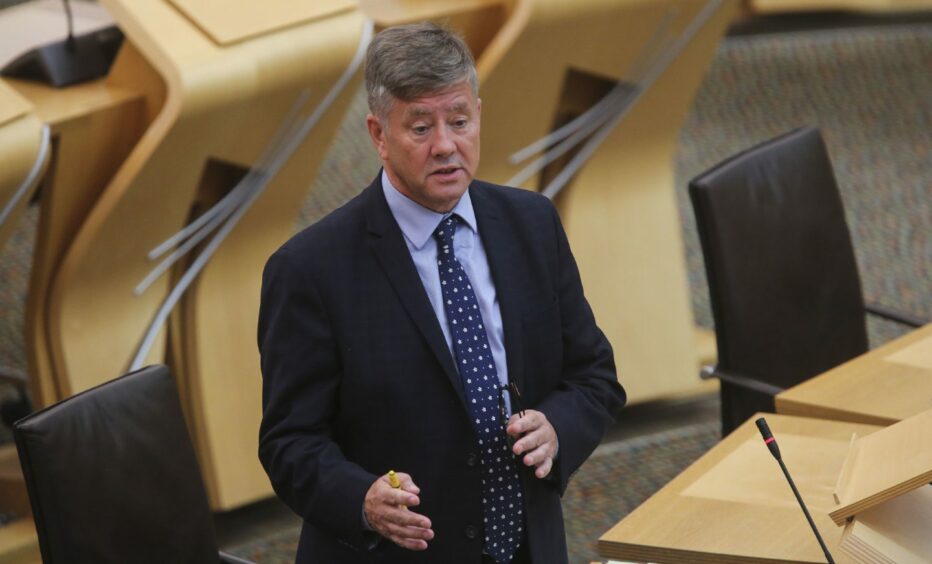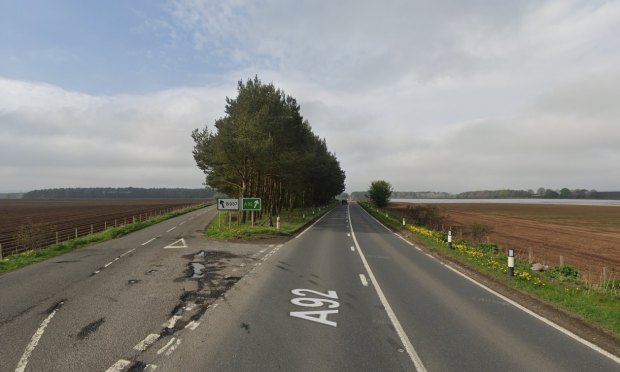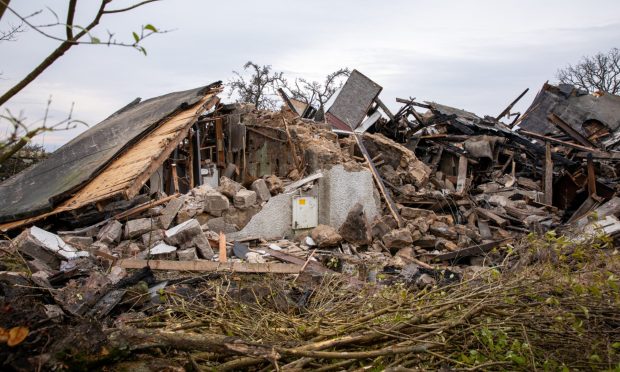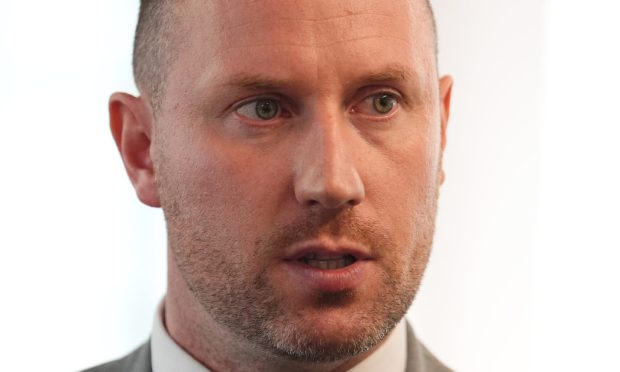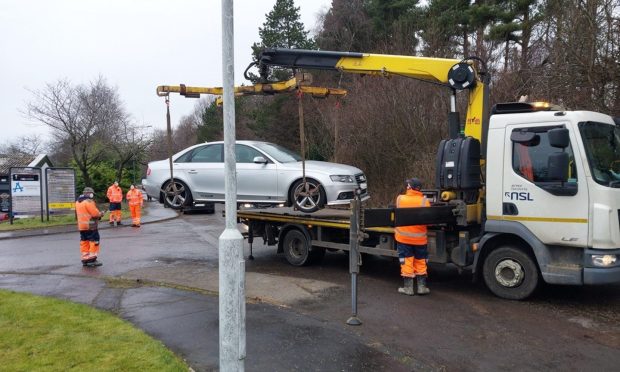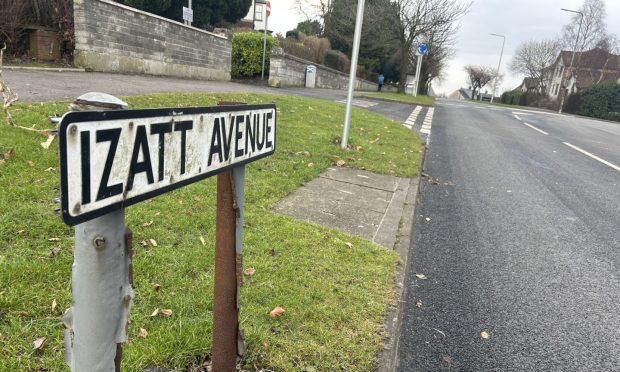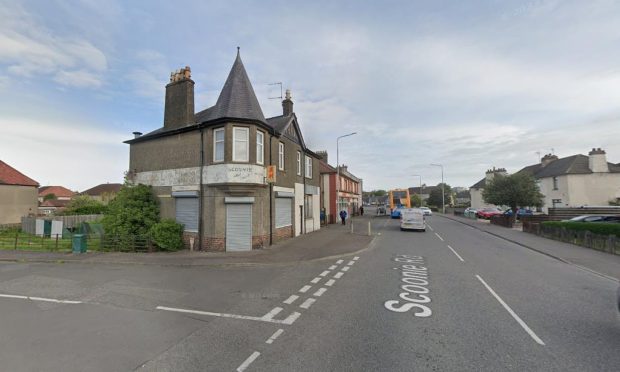Young people in St Andrews have called for action to be taken by local representatives over a rise in reports of spiking.
On Wednesday night, a campaign event was held at St Andrews Students’ Association where officials – including politicians – were quizzed on what is being done to tackle the problem.
The Big Night In event was pioneered by 20-year-old Sophia Brousset, who is the co-president of St Andrews Feminist Society.
The third-year student organised the event following the Girls Night In movement across the UK, where people have decided to boycott night-time venues for one night in protest at recent reports of people having drinks spiked, or being spiked by injection.
Sophia told The Courier: “St Andrews is a bit different because we’re such a small town that the union is our only club.
“We have a few bars where we have nights out, but the majority of nights out happen at house parties and socials, which means that spiking can happen even in your own house – so we decided to make it a night in from any social gathering involving alcohol.
“We were really concerned about the rise in cases of spiking and I personally wanted to know what’s being done about this. What are these people going to do to tackle it?
“I thought instead of going out, people could come to an event like this and ask questions to relevant representatives about what’s being done.”
Panellists at the event included the local MP and MSP, student representatives, publicans and staff members from St Andrews University.
Sophia added: “This is just the beginning because, more than anything, we want to know what people are concerned about, what the plans are of the panellists – but also what students think of these plans and what the main issues are.
“It’s just getting the conversation going.”
The students’ union, where people often go to enjoy a night of drinking, was closed to allow for the event to take place.
Lottie Doherty, 23, president of the association, said: “The students’ association has worked with the society to help put on this event and we’ve also passed a motion of support in our councils last night.
“Usually on a Wednesday night our bar is quite busy but we decided to completely cancel our club night and have the place completely closed, so that people can come here and enjoy the event, but also show solidarity for the boycotts that are going on nationwide.
“I hope this event will provide students the chance to ask the people who run the union, local representatives and the university what we are trying to do to prevent spiking and to help anyone that has been spiked.
“We want it to provide some reassurance to people and to let people know that the association is a safe place to come to, and the other business around town are relatively safe and people can go out and have a good time.
“In addition, that anyone caught spiking – whether here or in another bar – will be punished by the university as well.”
What points were put forward?
- How can people work to change the behaviour of those spiking, and not the behaviour of women?
- People should feel safe and supported in reporting incidents.
- There is a need for testing strips in venues for people to check their drinks for drugs used in spiking.
- A zero-tolerance approach is required for those caught spiking others at the university.
- The Ask for Angela initiative should be introduced at all venues.
- All staff and security personnel at venues should be properly trained to detect spiking.
- There needs to be increased pressure for higher conviction rates in incidents of sex and gender-based violence from the Scottish Government.
Wendy Chamberlain, MP for North East Fife, says a number of concerns have been taken away by the panellists.
She said: “I was a police officer and was sexual offences trained – the first question I came into was about reporting.
“I would encourage anyone who suspects they’ve been spiked to report it because it’s much better to have a false alarm with good intent, as opposed to a pattern of behaviour not being detected because people haven’t come forward to report it.
“I think there was a number of actions taken away by the university, by the venues, by me and Willie [Rennie MSP] as politicians.
“It’s not for women to make changes in their behaviour, it’s the men and the perpetrators.
“It’s been very proactive of the university – and the students having these conversations at an early stage, I think, is really important.”
‘I will be taking ideas to the justice secretary’ – MSP
Mr Rennie, who represents North East Fife at Holyrood, says he will be highlighting the concerns raised to the Scottish Parliament.
He said: “The packed meeting was bursting with good, constructive ideas that I promised to take directly to the justice secretary for action.
“There is a manifest concern among students about this stealthy threat that could hit them when they are simply enjoying life.
“I was at the meeting to stand with them and to take responsibility for making their lives safer.
“I had already raised the issue in parliament this week when I asked the government to fund testing strips for every venue in the country, and now have a long list of additional measures that I am determined to explore.
“I was impressed with the work of the university, the students’ association and The Scotsman Group, who were all on the stage.
“I hope students left feeling more confident that there are lots of people determined to deliver change.”
Earlier this week, Justice Secretary Keith Brown said in response to Mr Rennie’s comments: “That is a constructive suggestion and I will undertake to have a look at the particular initiative [Mr Rennie] has suggested.
“The police, the nightclub industry and other partners are more than happy to look at that suggestion and any others that come forward.”
He added: “Anyone found to spike a person will be arrested and may be prosecuted.”
Professor Clare Peddie, vice-principal education (proctor) at St Andrews University, said: “As vice-principal education at the University of St Andrews I will be working to ensure that we will do all we can to support students to feel safe and to know how to seek help if they witness or experience spiking.
“The discussion last night brought to the fore the cultural and societal problem of those that perpetrate spiking and the challenges faced by all of us who are tasked with preventing these unacceptable events.”
